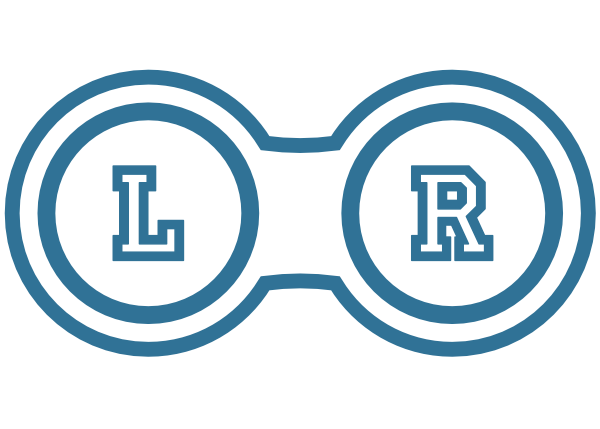Many children in Northern Colorado can have wonderful vision up close while they have issue seeing things clearly a distances which is called myopia (nearsightedness). Children that are nearsighted tend to squint to be able to see distant objects like the white board and multimedia presentations at school. They also tend to want to closer to a television so that they can see it with greater clarity.
Occasionally, childhood myopia may get worse as the child gets older. This change in vision can be discouraging to both the child and his parents, often prompting the question: “Will this ever stop? Or, will it continue to progress to the point where glasses won’t be able to help?”
Myopia that develops in childhood almost always stabilizes by the age of 20. By this point, some kids have become very nearsighted. Listed below are three ways to slow down the progression of myopia in children and youth:
Gas permeable contact lenses
Here in Fort Collins, Loveland and Greeley, wearing rigid gas permeable contact lenses (also referred to as “RGP” or “GP” lenses) may be able to aid in slowing the progression of nearsightedness in children. It has been said as a child wears the contact, that the contact actually massages the eye in a way during blinking that may keep the eye from lengthening, thereby reducing the tendency for advancing nearsightedness.
There was a study that was conducted by the National Eye Institute (NEI) to see if wearing GP lenses is able to help with the task of slowing the progression of myopia in children. The 116 children who participated in the study were 8 to 11 years old when the research started.
After a period of 3 years , the children who wore GP lenses only had 0.63 diopter (D) less nearsightedness than the rest of the children in the study who wore soft contact lenses.
The research found that wearing GP lenses does help in slowing the growth of the eye itself, which is the cause of most of the myopia in children. The children who wore the GP lenses had less increase in corneal curvature than those who wore soft contact lenses. The NEI researchers believe that the GP lens-induced changes in corneal curvature are not likely to be permanent because they don’t stop the growth of the eye, so the effect that GP lenses have on controlling myopia progression might not be a permanent solution.
Orthokeratology
Orthokeratology, or “ortho-k,” is the use of specially-designed gas permeable contact lenses to flatten the shape of the cornea. This is so that they are able to aid in reducing or correcting mild to moderate amounts of nearsightedness. The opposite of regular contact lenses, ortho-k lenses are to be worn during sleep and removed in the morning when the child wakes. Although temporary eyeglasses might be required during the early stages of ortho-k, many people in Northern Colorado with low to moderate amounts of myopia can see quite well without glasses or contact lenses during the daytime hours after wearing the corneal reshaping lenses at night while they sleep.
There has been some more recent research which suggests that ortho-k might also reduce the lengthening of the eye itself. This would mean that wearing ortho-k lenses during childhood may actually cause a permanent reduction in myopia, even if individual stops using the lenses when they become an adult.
Bifocals
There is now evidence that suggests that wearing eyeglasses with bifocal or progressive multifocal lenses might also slow the progression of nearsightedness in some children incuding children in Northern Colorado. Having the added help from the bifocal or multifocal lenses lessens the stress of the eye and aid in the reduction of focusing fatigue during reading and other close work, which is a problem that might contribute to increasing myopia.
There was a five-year study conducted and the results were published in the February 2007 issue of Investigative Ophthalmology & Visual Science. They produced a remarkable result involving nearsighted children who had a mother and a father who were also nearsighted. The children in the study who wore eyeglasses with progressive multifocal lenses, had less progression of their myopia over the similar children who wore eyeglasses with regular, single vision lenses.
See us for a consultation
If you live in Fort Collins, Loveland or Greeley and are concerned about your child becoming more nearsighted year-to-year, please call us to schedule a comprehensive eye exam and consultation. We can then evaluate the progression of their myopia and discuss the best treatment options with you.
For additional information or to schedule an appointment, please call 970-204-4020 or click on the link on the side of the page.






